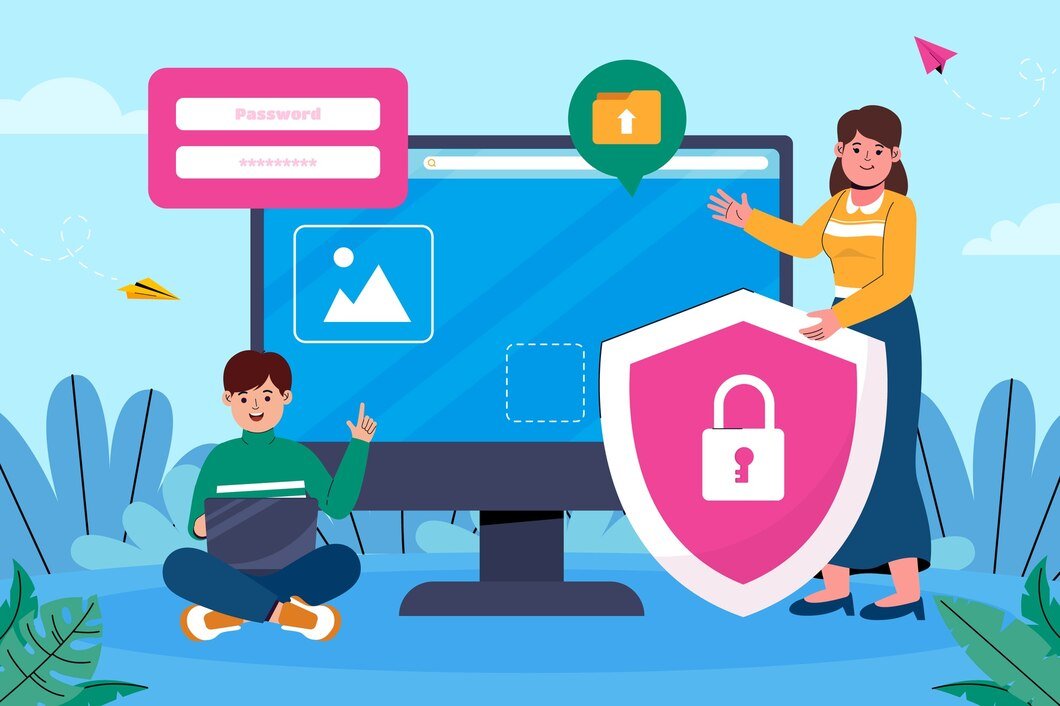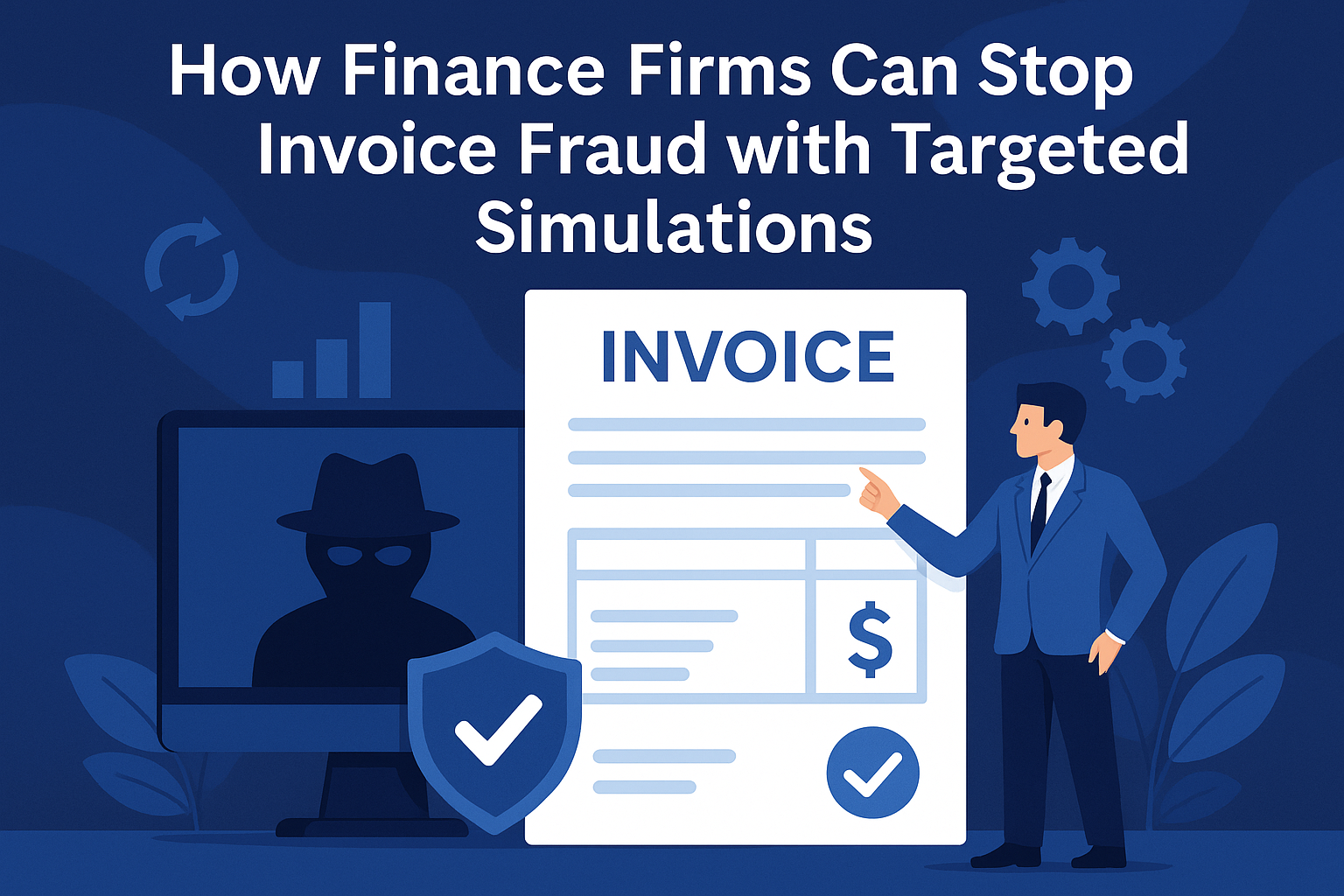Tech
Cybersecurity vs. Privacy: Can Businesses Really Have Both?

In today’s world, businesses are constantly juggling cybersecurity and privacy. These two terms often get thrown around together, but are they really the same thing? Not quite. While both are crucial for protecting sensitive information, there’s a subtle tug of war between the two. Cybersecurity is all about protecting your business from external threats, while privacy focuses on protecting your customers’ personal data. So, can a business really have both? Let’s break it down.
What is Cybersecurity, and Why Does it Matter?
When we talk about cybersecurity, we’re talking about measures to guard against attacks—hackers, malware, phishing, and other online threats. It’s like a digital shield, keeping out anyone who shouldn’t have access to your systems.
Businesses, large or small, are increasingly aware of the dangers out there. One data breach can cost a company millions—not just in lost revenue but also in lost trust. That’s why cybersecurity has taken center stage. From firewalls to encryption, businesses are stacking their defenses to avoid becoming the next headline.
But here’s the catch: implementing strong cybersecurity measures can sometimes step on the toes of privacy. You may need to collect certain data to keep your network safe, but does that cross a line when it comes to protecting your customers’ personal information? That’s where the debate comes in regarding cybersecurity and privacy concerns.
Privacy: More Than Just a Buzzword
Privacy is all about respecting and safeguarding the personal data that customers entrust to your business. It’s about ensuring that any data you collect stays secure and is used ethically.
Your customers are more privacy-conscious than ever. They want to know how you’re using their data, who’s seeing it, and how well you’re protecting it. If you’re not transparent, you risk damaging your reputation and losing trust.
But there’s a balancing act to be aware of. Some cybersecurity tools collect data on user activity in order to detect and respond to threats. This can raise concerns about privacy. How much data should you collect to protect your business, and how much is too much?
The Conflict Between Cybersecurity and Privacy
Now, let’s get into the heart of the issue. Why is it so hard to have both strong cybersecurity and rock-solid privacy? Here are a few reasons:
- Data Collection – Cybersecurity systems often require data to monitor and detect potential threats. This data can sometimes include personal information, leading to concerns about how it’s being used.
- Surveillance – To ensure your network is secure, you may need to monitor employees or customers. This can feel intrusive, especially when people don’t know the extent of the surveillance.
- Compliance – Different industries have specific rules about what data can be collected and how it should be handled. Balancing compliance with cybersecurity measures can be tricky, and one wrong move can leave you open to legal issues.
- Encryption – While encryption is essential for cybersecurity, it can sometimes hinder transparency. Customers want to know what data you have on them and how it’s being used, but encryption can make it difficult to provide clear answers.
- Access Control – Limiting who can access certain information is key for both cybersecurity and privacy. But striking the right balance is hard. Too many restrictions can slow down your operations, while too few can leave you vulnerable.
Finding the Balance
So, how do you strike a balance between cybersecurity and privacy? It’s not easy, but it’s possible. Here are some strategies that can help your business have the best of both worlds.
1. Be Transparent with Customers
Let your customers know what data you’re collecting and why. This builds trust and helps alleviate concerns about privacy. Make sure your privacy policies are clear, easy to understand, and easily accessible.
2. Implement Data Minimization
Collect only the data you need to protect your business. The less data you collect, the less you have to worry about protecting, and the fewer privacy concerns you’ll raise. This is a win-win for both cybersecurity and privacy.
3. Use Encryption Wisely
Encryption is essential, but you need to be careful with how you use it. Ensure that you can still provide customers with the information they need about how their data is being used without sacrificing transparency.
4. Regular Audits and Updates
Conduct regular audits of your cybersecurity and privacy practices. This will help you identify any gaps or issues and allow you to stay compliant with any relevant regulations. Plus, staying proactive shows your customers that you’re serious about both their security and their privacy.
5. Invest in Employee Training
Your employees are your first line of defense. Training them on cybersecurity best practices and privacy policies is crucial. When your team understands the importance of both, they’re less likely to make mistakes that compromise one or the other.
Can You Really Have Both?
The short answer? Yes, but it requires careful planning and execution. Businesses don’t have to sacrifice privacy for cybersecurity, or vice versa. It’s all about understanding where the two overlap and finding ways to manage the trade-offs.
At the end of the day, your customers want to know that their data is safe with you. If you can demonstrate that you’re taking both cybersecurity and privacy seriously, you’ll not only protect your business but also build trust that can lead to long-term success.
So, can businesses have both cybersecurity and privacy? Absolutely, but it takes effort and a commitment to transparency. The key is finding the right balance for your business, your industry, and your customers. With the right approach, you can protect both your systems and the people who rely on them.
-

 Tech1 year ago
Tech1 year agoHow to Use a Temporary Number for WhatsApp
-

 Business2 years ago
Business2 years agoSepatuindonesia.com | Best Online Store in Indonesia
-

 Social Media1 year ago
Social Media1 year agoThe Best Methods to Download TikTok Videos Using SnapTik
-

 Technology1 year ago
Technology1 year agoTop High Paying Affiliate Programs
-

 Tech10 months ago
Tech10 months agoUnderstanding thejavasea.me Leaks Aio-TLP: A Comprehensive Guide
-

 FOOD12 months ago
FOOD12 months agoHow to Identify Pure Desi Ghee? Ultimate Guidelines for Purchasing Authentic Ghee Online
-

 Instagram3 years ago
Instagram3 years agoFree Instagram Auto Follower Without Login
-

 Instagram3 years ago
Instagram3 years agoFree Instagram Follower Without Login




















